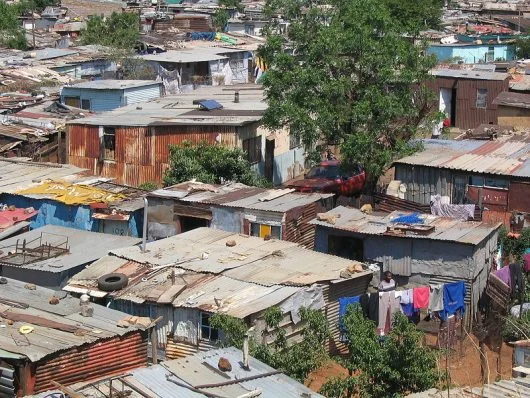What Is the Third World?
The term Third World refers to countries that were historically classified as economically underdeveloped and not aligned with the major global powers during the Cold War. Today, the phrase is considered outdated and offensive. It has been replaced with terms like developing countries, low-income countries (LICs), or lower-middle-income countries (LMICs) to better reflect these nations’ economic situations.
Key Takeaways
- “Third World” was a Cold War-era term that is no longer used in official contexts.
- Modern classifications include developing countries, least developed countries (LDCs), and emerging markets.
- These terms reflect a nation’s economic status and performance in the global economy.
The Origins of the Term “Third World”
The classification of nations into First, Second, and Third World categories emerged after World War II (1945) and was primarily used during the Cold War (1947–1991).
- First World: Countries aligned with the United States and its allies, promoting capitalism and democracy.
- Second World: Communist states, allied with the Soviet Union, such as those in Eastern Europe.
- Third World: Countries that were neither aligned with the West nor the Soviet bloc, many of which were former colonies in Africa, Asia, and Latin America.
- Fourth World: Nations that were largely disconnected from global politics and economics, often suffering from extreme poverty and isolation.
The French demographer Alfred Sauvy coined the term Third World in a 1952 article, comparing these nations to the “Third Estate” in pre-revolutionary France—impoverished and excluded from power.
Why the Term Is Outdated and Offensive
The term Third World implied that these countries were inferior or destined to remain undeveloped. Over time, the world recognized the need for more accurate, neutral, and respectful ways to categorize nations based on their economic progress and social development.
Modern Classifications of Nations
Countries are now classified using more meaningful economic metrics. Key organizations like the World Bank, International Monetary Fund (IMF), and the World Trade Organization (WTO) use different criteria to group countries.
- Developed Countries
- Highly industrialized with strong economies, such as the U.S., Japan, and Germany.
- Developing Countries (Emerging Markets)
- Nations working towards industrial growth but still facing economic challenges, such as Brazil, India, and Nigeria.
- Least Developed Countries (LDCs)
- Countries with very low income, weak human resources, and high vulnerability to economic shocks. The United Nations monitors these nations, which include Chad, Haiti, and Afghanistan.
- Frontier Markets
- A term used by investors for countries on the cusp of rapid economic development but with high risks, such as Kenya, Bangladesh, and Vietnam.
Characteristics of Developing and Least Developed Countries
Developing and least developed nations often share these economic traits:
- Low GDP per capita
- Poor infrastructure (e.g., roads, electricity, clean water)
- Limited healthcare and education systems
- High unemployment and economic vulnerability
Examples of Developing Countries and Frontier Markets
- Frontier Markets Index: Includes countries like Nigeria, Vietnam, and Romania that show potential for growth.
- Least Developed Countries (LDCs): A United Nations category including Burundi, South Sudan, and Mali.
The Role of International Institutions
Organizations such as the IMF, World Bank, and WTO assist developing nations by providing loans, infrastructure support, and trade opportunities. These efforts aim to help countries stabilize their economies and foster growth.
The Bottom Line
The term Third World was a product of the Cold War, grouping countries based on their political alignment and economic standing at the time. Today, the classification has evolved to recognize the diversity among nations with different economic situations. Current terms such as developing, least developed, or frontier markets are more precise and respectful. However, like any terminology, these terms may also change in the future as global economic dynamics evolve.






















